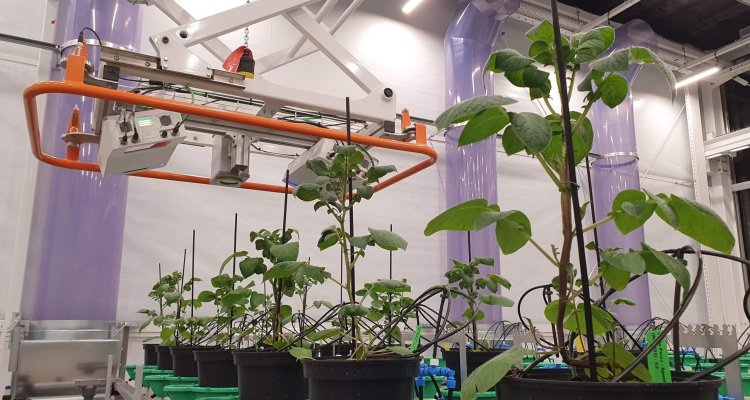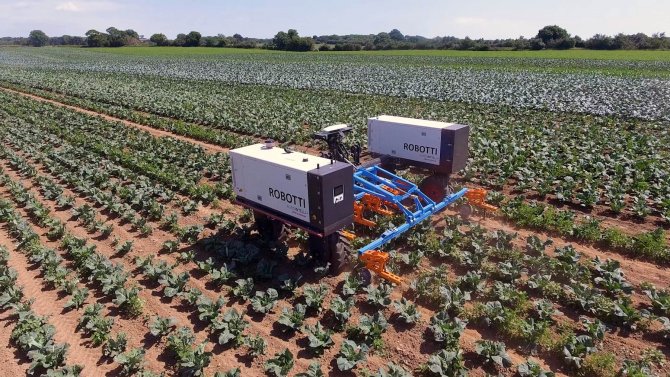
News
Collaboration between WUR and South Korea to advance climate-resilient agriculture through digital breeding and smart farming
Wageningen Plant Research is pleased to announce a collaboration with the Korean company DDS Bio to advance agricultural practices in South Korea through innovations in digital breeding and digital farming. This collaboration, under the project title "Fostering Climate Resilient Future with Digital Breeding and Digital Farming Innovations for Agriculture in South Korea" (FOSTER 1), marks the beginning of a collaborative effort between WUR and DDS Bio to address key challenges in agriculture.
Climate-resilient agriculture
The FOSTER 1 project seeks to address key agricultural challenges posed by climate change, food security, and the aging farming population in South Korea. By leveraging digital technologies such as digital phenotyping, precision farming, and automated cultivation systems, the project aims to improve productivity and sustainability while adapting to changing environmental conditions.
WUR has a proven international track record in sustainable agriculture projects across regions such as the Middle East, Asia, Africa, Europe, and the Americas. This experience includes the establishment of research and demonstration centres for horticulture, the implementation of precision agriculture technologies, and the development of digital breeding methodologies. WUR’s extensive global expertise allows for tailored solutions to diverse agricultural systems and effective collaboration with partners worldwide.
This partnership presents an important opportunity to apply WUR’s knowledge in digital breeding and digital farming technologies. Our goal is to work together to support the development of climate-resilient agricultural practices in South Korea.
Strategic partnership
This collaboration highlights the growing cooperation between the Netherlands and South Korea in the field of agricultural innovation. As both countries face the impacts of climate change on food production, the FOSTER project demonstrates how advanced technologies can contribute to sustainable agricultural solutions. The partnership will support South Korea’s national smart farming initiative, which aims to modernise agriculture by 2040.
Investment and future plans
The FOSTER 1 project is the first phase of a broader, multi-phase collaboration. This initial phase – with a budget of 1.5 million and running until August 2026 - will focus on planning, needs assessment, and pilot projects in digital breeding and farming. Future phases will involve establishing state-of-the-art facilities, including a digital phenotyping centre for targeted breeding, developing digital breeding methodologies, and creating a demo & R&D centre for smart food production.
Autonomous cultivation
Wageningen University & Research (WUR) is developing autonomous cultivation technologies to create data-driven systems for more sustainable farming. By integrating artificial intelligence, sensors, and data analysis, WUR is working towards self-regulating greenhouses that optimise plant growth while minimising resource use. The FOSTER 1 project will build on these advancements to contribute to smart farming solutions in South Korea.

The FOSTER 1 project will also involve contributions from various Business Units within Wageningen Plant Research, including Agrosystems Research, Plant Breeding, and Field Crops. This diverse team will ensure a well-rounded approach to developing solutions in digital breeding, autonomous cultivation, and smart farming for climate-resilient agriculture in South Korea.